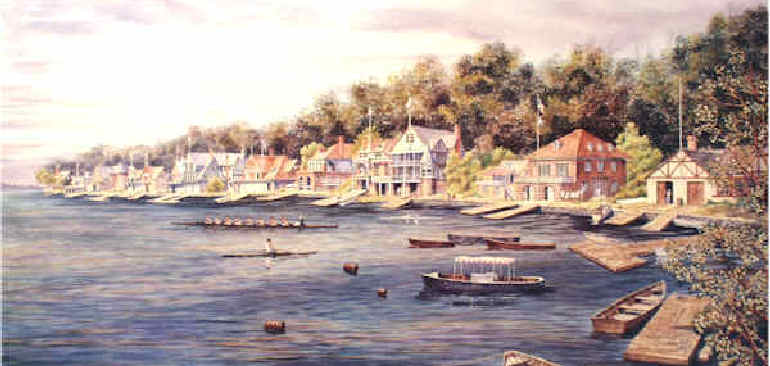Improbable Patriot: The Secret History of Monsieur de Beaumarchais, the French Playwright Who Saved
You can view this book's Amazon detail page here.
Tags:
- Started reading:
- 24th December 2011
- Finished reading:
- 10th January 2012
Review
Rating: Unrated
Mr Unger has created one most interesting and readable biographies of recent years. Though a very skilled writer, Mr. Unger had help from Monsieur de Beaumarchais. Even without his connection with the American revolution, the life of Beaumarchais would make for an extraordinary story. It is a common cliché that a life is stranger than fiction but the life of Beaumarchais is truly one that could not be believed if it were not true.
Pierre-Augustin Caron de Beaumarchais was born in 1732 the son of a clock maker; a commoner in the aristocratic dominated France. Apprenticed to his father, after a brief period of raucous carousing, the young Beaumarchais quickly showed his mechanical genius by inventing a clockwork escapement mechanism. This escapement mechanism immediately allowed the first watch light enough to be worn on the wrist. It was this invention that first brought him to the attention of King Louis XV and the royal court.
Once in the royal circle, Beaumarchais wasted no time in establishing his genius to the delight of many of the royal court. As a skilled musician and poet he was a delight to royal princesses. However, as commoner who entered the royal circle through superior skills and talent he was envied by many aristocrats by birth and of much lesser talent. Beaumarchais did become a protégé of the great financier, Joseph Pâris-Duverney and through this relationship was able to amass significant wealth and purchase a key sinecure. But as Beaumarchais’ stature rose so did the power of his enemies and resentment of his commoner birth.
In 1764 Beaumarchais gave his court enemies the opening they needed when he spent a year in Madrid establishing a Spanish company for his financial mentor. Upon his return to France Beaumarchais’ life rapidly became very complicated. In his absence his home was in turmoil and he lost the interest and patronage of the royal princesses. In 1770 both Pâris-Duverney and Beaumarchais’ wife die. Pâris-Duverney’s relatives win a large financial suit against him. Also, events in America were heating up. It is now that Beaumarchais retaliates against the ruling class and authors his first literary triumph, Le Barbier de Seville — “The Barber of Seville”. Throughout the 1770’s Beaumarchais’ fortunes take a number of turns. His court enemies retaliate. He is arrested, thrown in jail for being “too insolent”. While imprisoned Beaumarchais is unable to defend himself in an unjust law suit and is financially ruined. However, via the sharpness of his pen, he is able to exact revenge by exposing the corrupt judicial system. His cleverness and guile comes to the attention of King Louis XVI He successfully serves the new King and foreign minster, comte de Vergennes, as a spy to retrieve incriminating secret documents from a transsexual former French spy in London.
While in London, Beaumarchais forms a friendship with the American, Arthur Lee and is enlisted to help our fight with France’s long time enemy. With the help of Vergennes but as a private citizen, Beaumarchais established a Spanish company to secretly purchase arms and supplies from the French government and supply them to Washington’s troops. Payment for the arms was to come by the returning ships bringing tobacco and other goods back for sale. Beaumarchais was awarded contracts for the arms from Silas Deane, Connecticut merchant and member of Congress. While in sound in principle, in practice it was a financial disaster. In the end Beaumarchais shipped more than $200 million (today’s dollars) on credit including more then 80% of the Continental Army’s entire gunpowder supply! Beaumarchais was to never see of these proceeds as Congress repeatedly dodged the obligation erroneously reasoning the materials as a “gift” from France!
At the close of his arms venture, Beaumarchais again turned to literature and his assault on the aristocracy penning Le Mariage de Figaro –The Marriage of Figaro. Once again Beaumarchais is imprisoned, this time by the King. However, the King’s move backfires and Beaumarchais’ popularity results in a populous uproar that forces the King to retract his orders. The King also makes financial amends. Beaumarchais’ literary triumphs have made him a popular hero which allows him to survive the multiple insanities that mark the French revolution of the 1790’s.
In summary, Mr. Unger has penned a book worthy of the extraordinary life of Monsieur de Beaumarchais. He has aptly honored a largely forgotten hero of our fight for independence and in the process rewards the reader.



